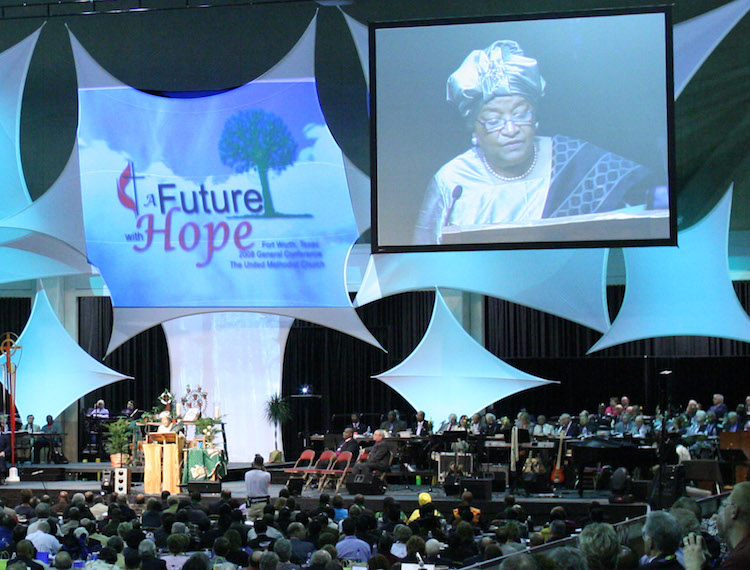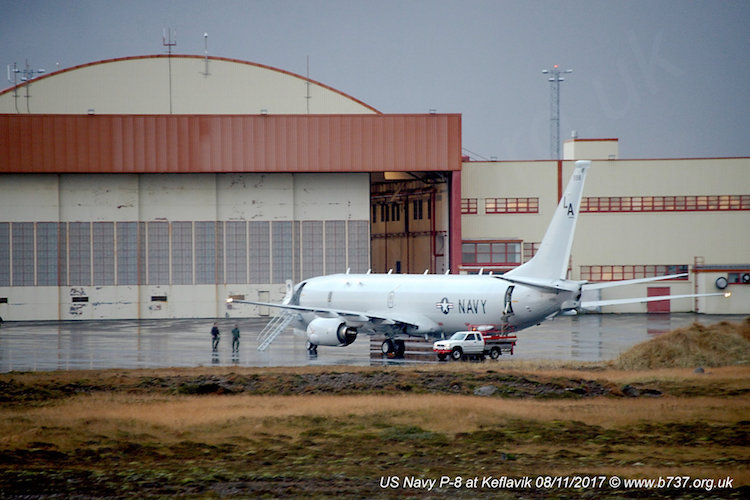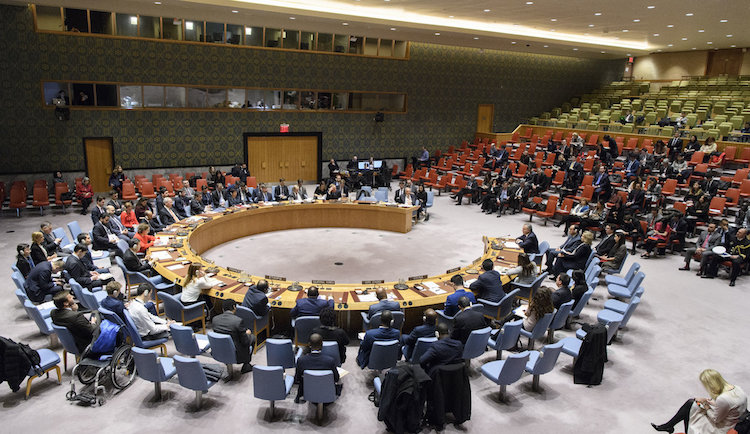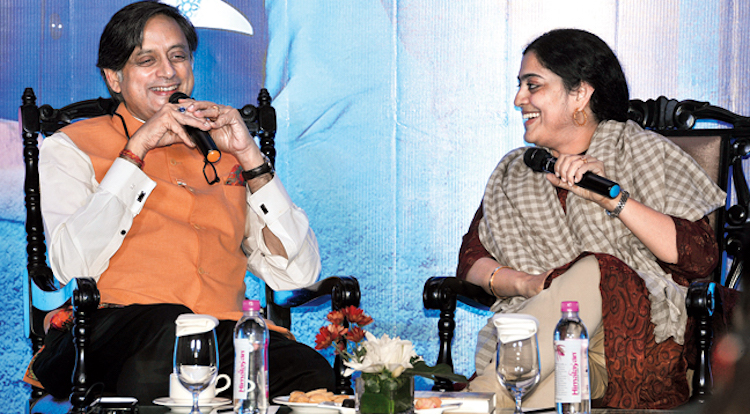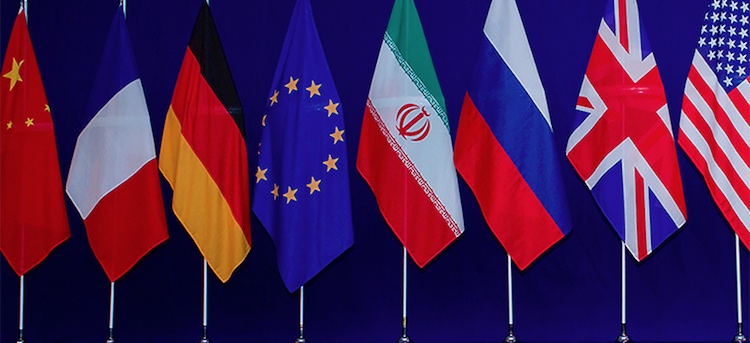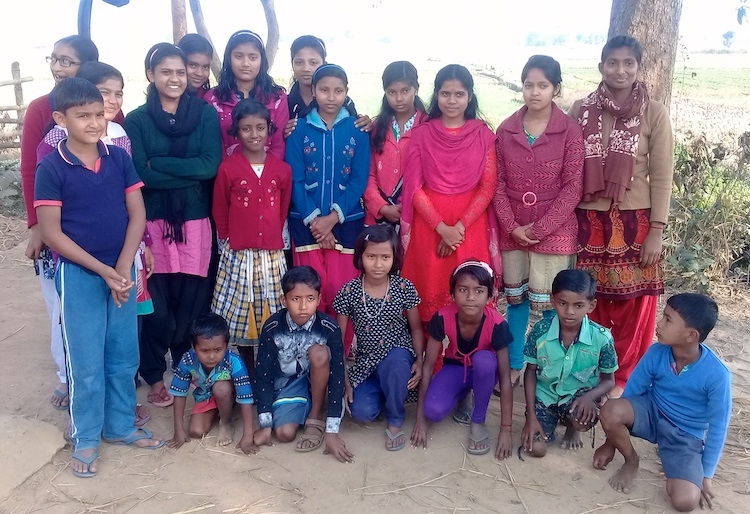By Geneva Centre for Human Rights Advancement GENEVA (IDN-INPS) – In response to the protracted migrant and refugee crisis that has affected primarily Europe and the MENA region, a coalition of international organizations took the initiative to adopt the 2017 Geneva Declaration entitled “Mobility and human solidarity, a challenge and an opportunity for Europe and […]
Her Legacy in Tatters, Celebrated Liberian Leader Faces Fury
By Lisa Vives, Global Information Network NEW YORK (IDN) – Ellen Johnson Sirleaf, one of the most celebrated African leaders in recent memory, will soon pass the baton to her successor, sports hero George Manneh Weah, amidst an outpouring of anger and claims of betrayal by members of her Unity Party whose candidate was trounced […]
Tanzania Pushing Gender Empowerment Despite Hurdles
By Kizito Makoye DAR ES SALAAM (IDN) – Despite efforts to promote gender equality, women and girls in Tanzania are still marginalised and largely under-utilised citizens – often suffering from discrimination and violence from their male counterparts due to a biased male-dominated system which often pushes women to the brink of survival. However, in line […]
NATO Demands Cause Headaches in Iceland
By Lowana Veal REYKJAVIK (IDN) – In February 2016, the U.S. government started discussions with its Icelandic counterpart on the possibility of carrying out necessary changes to the doors of the NATO hangar at Keflavik airport so that newer, larger submarine reconnaissance planes could be housed there. The matter was eventually concluded in December 2017, […]
UN Concerned as Ex-Rebels Threaten Peace Efforts in Colombia
By J Nastranis UNITED NATIONS (IDN) – Nearly six weeks after the Security Council on November 30, 2017 marked the one year anniversary of the signing and entry-into-force of the peace agreement between the Government of Colombia and the Revolutionary Armed Forces (FARC-EP), peace efforts remain challenged by the task of reintegrating 14,000 former rebel […]
India Faults UN Security Council’s Legitimacy and Credibility
By Santo D. Banerjee UNITED NATIONS (IDN) – A non‑representative United Nations Security Council, designed long ago to maintain a balance of power between rival States, is unable to handle challenges which have changed beyond recognition over the decades, Ambassador Syed Akbaruddin, India’s Permanent Representative to the UN has warned. “An instrument that is no […]
Eminent Writer-MP Tharoor Shreds Indians’ Colonial Mindset
By Chandreyee Ghose, The Telegraph India KOLKATA (IDN-INPS) – Shashi Tharoor shredded the colonial mindset at the second author meet organised by Kalam Club at Taj Bengal on December 28. The writer-MP talked about his latest book, An Era of Darkness: The British Empire in India, Indian writing in English and debunked some colonial myths […]
Sexual Harassment at the UN Is Alive and Persistent
By Laura E. Kirkpatrick, Passblue BUFFALO (IDN) – As its people of the year, Time magazine recently named the Silence Breakers — people who have spoken against sexual harassment and launched the hashtag #MeToo into an international phenomenon with more than seven million hits on social media. Just before the announcement, more than 230 women […]
U.S. Decision to Respect Iran Deal Obligations Averts Self-Made Crisis But Uncertainty Persists
By J C Suresh TORONTO (IDN) – One day after the European Union reiterated its commitment to support “the full and effective implementation of the agreement” with Iran, the Trump Administration announced on January 12 that it will continue to waive sanctions on the Islamic Republic in accordance with U.S. commitments under the 2015 nuclear […]
Sustainability Is Developing Community From Within
By Kalinga Seneviratne NAMOKANDA, West Bengal, India (IDN) – Six years ago this remote village of 130 households about 80 km from Santiniketan – the hometown of famous Indian poet Rabindranath Tagore – was a small picturesque village community surrounded by paddy fields, but without a sustainable development concept. Today it is a confident community […]


